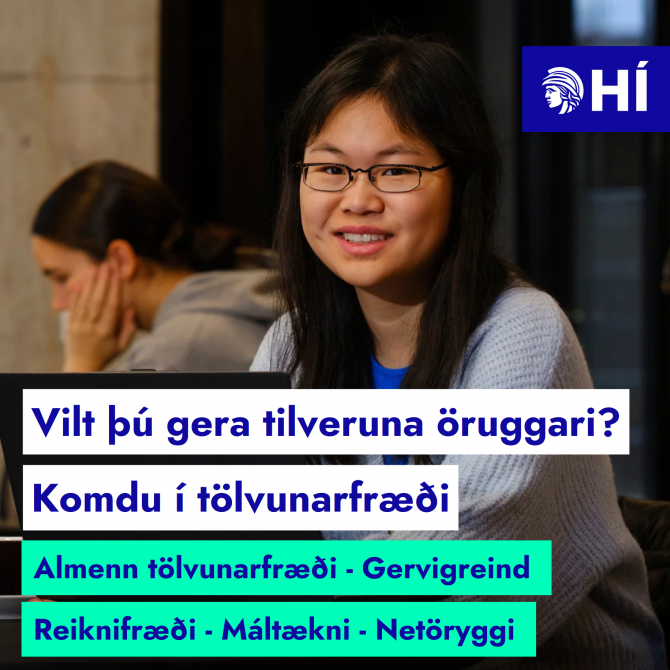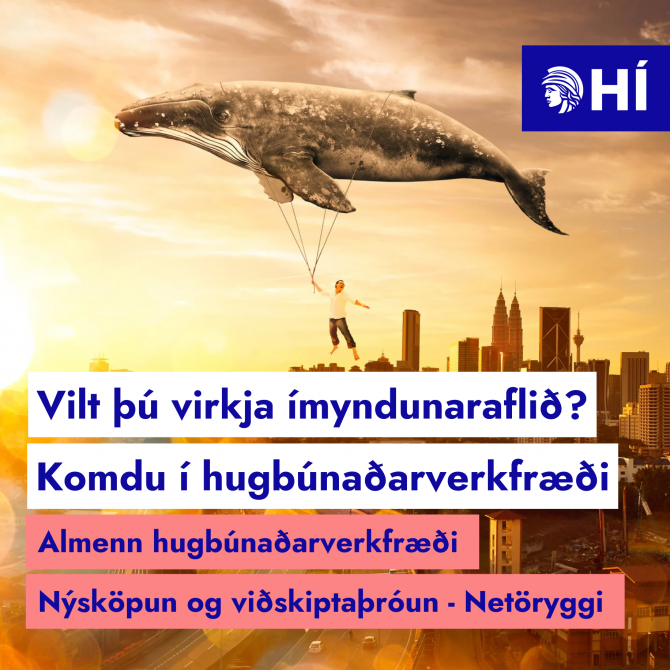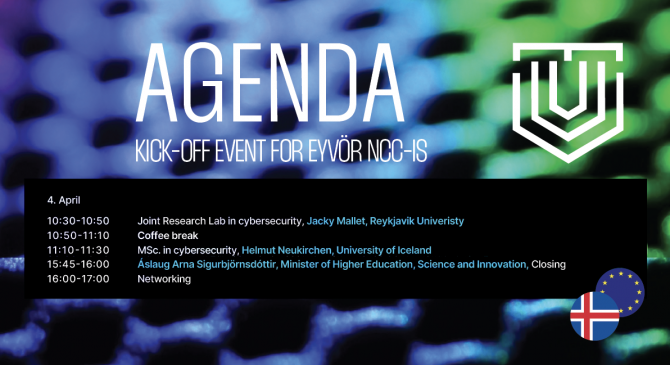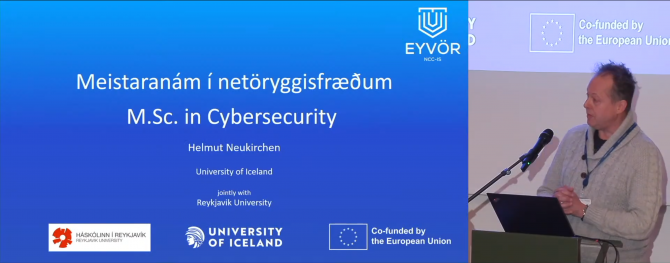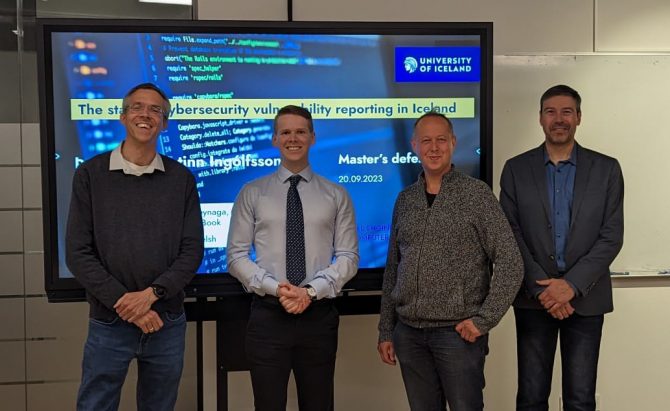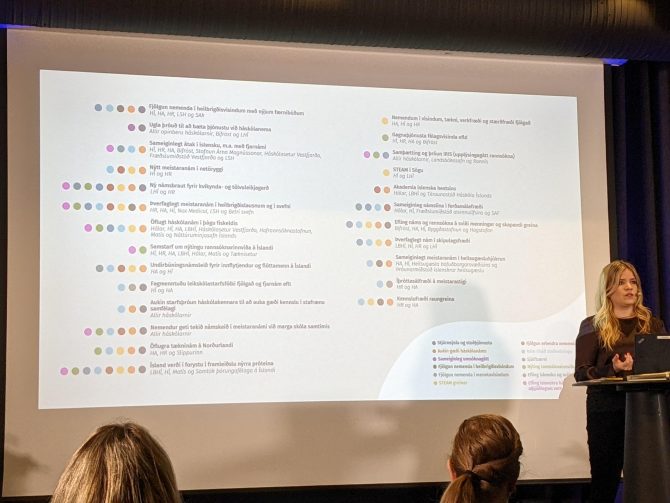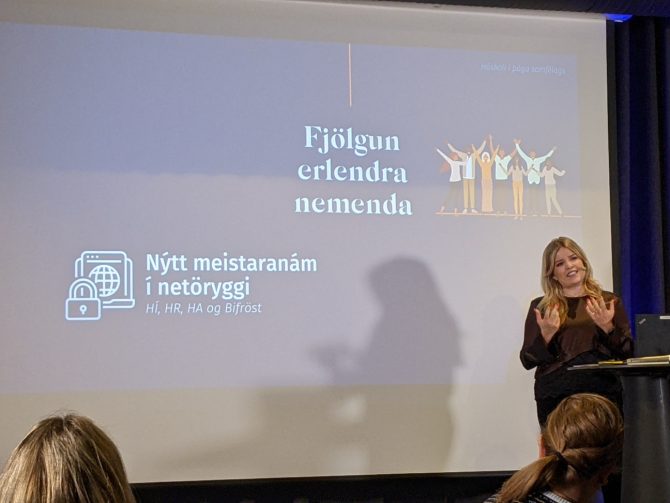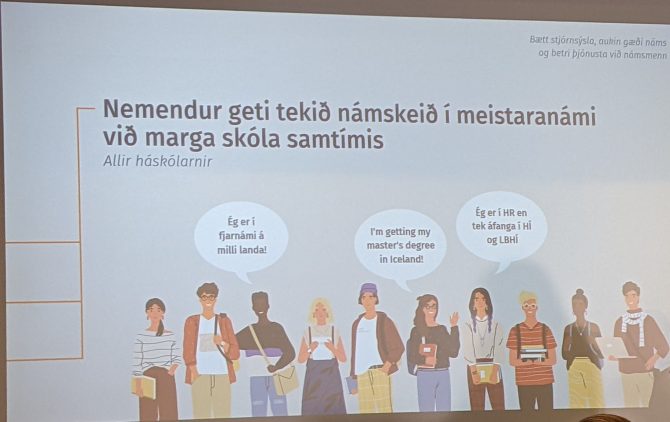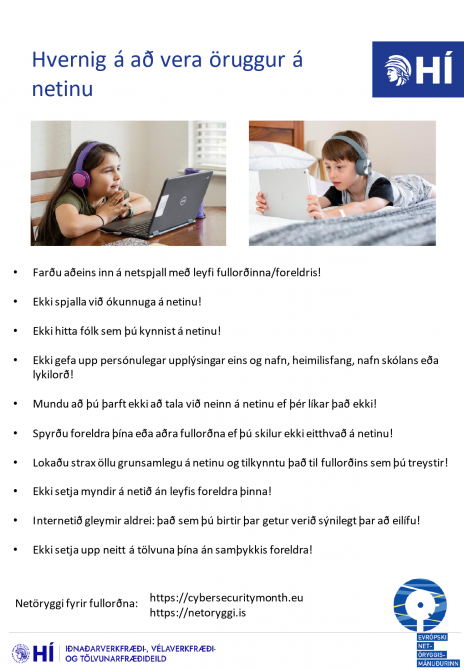At University of Iceland, all are equal, but some are more equal. So much more equal that they think rules do not apply for them. Last week, Siðfræðistofnun HÍ, the Centre for Ethics at the University of Iceland, was using for some event the teaching room GR-321 Ada (named after Ada Lovelace) at the Computer Science department in the Gróska building. The rules for using teaching rooms are common-sense and pretty simple (English translations added by me):
- 1. gr. Almennt
Skylt er að ganga vel um húsakynni Háskóla Íslands, umhverfi hans, tæki og búnað á hverjum stað. Enginn má skilja eftir sig rusl, hvorki innan dyra né utan. Notum ruslafötur!
Deal well with the premises and equipment. No one may leave trash behind. We use trash cans!
- 2. gr. Tillitssemi
Hverjum og einum ber að sýna tillitssemi og valda ekki öðrum truflun eða óþægindum.
Everyone is responsible to show consideration and does not disturb others or cause inconvenience.
- 5. gr. Neysla matar
Neysla matar er óheimil í kennslustofum og tölvuverum.
Consuming food is forbidden in teaching rooms and computer rooms.
- 8. gr. Brot á húsreglum
Brot á húsreglum, tjón og hvers konar spjöll geta leitt til bótaskyldu og/eða brottvísunar.
Breaking rules, damage or any kind of harm can lead to liability and/or expulsion.
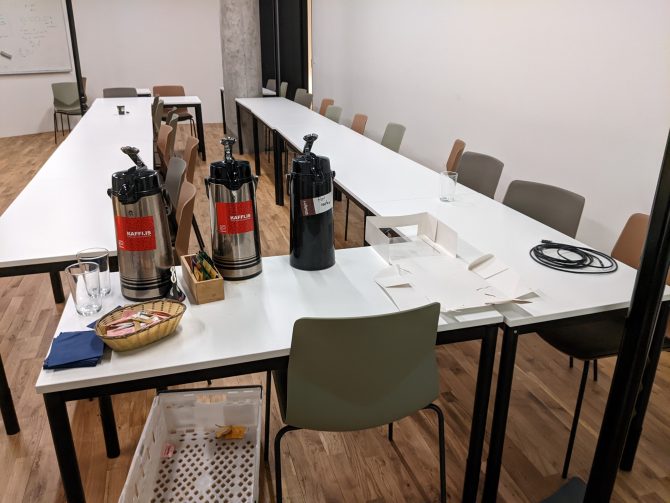
How the Centre of Ethics left the teaching room behind: tables re-arranged, nothing cleaned up
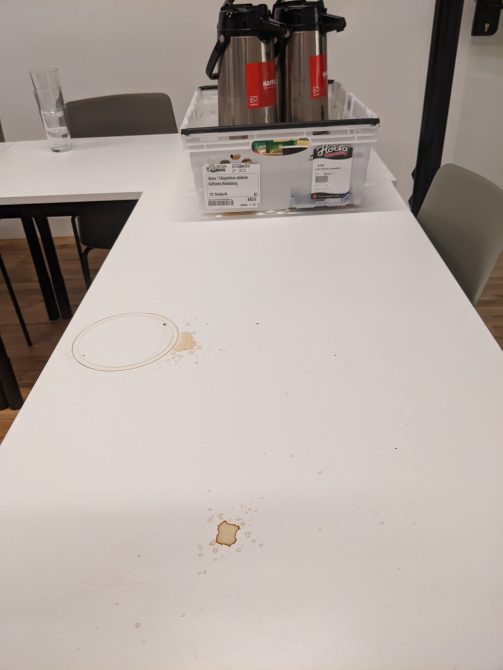
Coffee stains left behind by the Centre of Ethics become visible after I started to clean up
I was the first one to teach in Ada on Monday morning and was quite surprised that I cannot use the room for teaching as intended. To put the room into a state usable for teaching, it would have been necessary to:
- put the tables and chairs again in the position needed for teaching -- the Centre for Ethics re-arranged the tables without reverting that.
- collect the trash (single-use coffee cups distributed over the room, including where the teacher's computer is) and throw them into the trash can -- the Centre for Ethics had left behind coffee cups that they did not throw away.
- collect water glasses from the tables and put them into our dish washer -- the Centre for Ethics had taken water glasses from our kitchen, but did not put them back to the kitchen from where they had taken them.
- wipe away huge coffee stains -- in their ivory tower, the people from the Centre for Ethics do not even know how to operate a coffee dispenser, so they messed around on the tables of the teaching room.
- move all kind of stuff (coffee dispenser, napkins, tea) into a tray and move the tray outside the teaching room -- the Centre for Ethics had ordered this stuff but did not consider it necessary to move them out of the teaching room after the meeting so that teaching would not be disturbed when the stuff is fetched.
I therefore wrote emails to four persons of the Centre for Ethics asking them to clean up there mess before my teaching starts in that room: first, no one replied, but then, the head of the board replied that this is not their fault, but that this is fault of the service from where they ordered the coffee as that service was supposed to tidy the room (How can that coffee service re-arrange the tables if they do not know how they were before? How can that coffee service find all the single-use coffee cups that were partly well hidden behind the teacher's computer screen? How can that coffee service put the water glasses back into the kitchen if they do not know how from where they have been taken? How can that coffee service clean all the coffee stains if a coffee service was ordered and not a cleaning service?)
Because the board members of the Centre of Ethics refused to clean up their mess, I had to do that on my own in the time that I had planned for preparation of the class. This all was then crowned with my teaching was later being disturbed by a coffee service employee trying to get back the coffee dispensers because the Centre of Ethics had told them to fetch it from the teaching room (instead from the kitchen that is just next to the teaching room).
I do not know why they do not follow my request to clean up their mess, but some hypotheses come into my mind:
- Hopefully, this was not the usual discrimination that probably every foreigner experiences in Iceland. (While I am -- as a professor from Germany -- privileged in comparison to other foreigners, even I experience discrimination.) -- so far, I experienced the university as a foreigner-friendly space (except that some scholars are maniac about enforcing a language policy of requiring to use the Icelandic language, because the university tries to solve the dilemma of being an Icelandic-speaking university and an international university at the same time).
- Cultural issues: If you have a look at the names of the members of the board of Centre for Ethics, then these are all patronymic: Elínborg Sturludóttir, Henrý Alexander Henrýsson, Kolbrún Pálsdóttir, Páll Rafnar Þorsteinsson, Sólveig Anna Bóasdóttir, Vilhjálmur Árnason. While the gender diversity is balanced at the board, the university committed to diversity in all fields. And in fact, cultural diversity is non-existing at the board of Centre for Ethics: they all have very likely a socialisation in an Icelandic culture: I once was told about a survey among Icelanders that showed that a huge majority thinks that rules are important for the Icelandic society, but that rules do not apply to yourself, because you consider yourself as so important that exceptions are justified for you (unfortunately, I do not have the source -- a social scientist reported about this at an introductory event on the Icelandic society for foreign staff at the University of Iceland). If you look how people in Iceland park their cars (one car parking in the middle of two parking slots, i.e. occupying space for two), then this supports finding.
- Maybe, this is not a cultural issue, but just personality of the head of the board of the Centre of Ethics -- but: I wrote to four members of the board and the other board members even preferred to remain silent.
- If you are in the board of the Centre of Ethics, there is the danger of developing the attitude that you are the authority on concepts of what is right and wrong behaviour. And if you are then convinced that your behaviour is right (and the head of the board of the Centre of Ethics obviously is convinced), then you make your own rules and therefore behave like as you are above the rules.
I also tried to build the head of the board of the Centre for Ethics a bridge by offering him to apologise, but the head of the board answered that he will not, because leaving the teaching room in that state was not their fault, but rather the fault of the coffee service not cleaning up. So, even saying sorry seems not to be part of the culture of the Centre for Ethics.
While I am not a lawyer, I would be surprised if their arguing would hold the Icelandic law system: they rented the teaching room, so they have to adhere to the rules of using the teaching room. Just the fact that they outsourced some service, does not mean that they themselves do not need to adhere to the rules anymore and are not liable anymore (even if they would have ordered a service to clean up the room who then failed to do that).
Does the Centre for Ethics think, they are above the law? (And what does it means for ethics in Iceland if such people run the Centre for Ethics?)
In fact, they did break all of the above rules, even the above 8th rule: they refused to take liability for their mess -- après moi, le déluge!
O tempora, o mores!
P.S.: I have no problem with holding an event with food and drinks, but for that, the computer science department has a kitchen/coffee room just next to the teaching room: just serve the food and drinks there, instead of using a teaching room for that. (When, e.g., the rector holds a meeting in the aula, the food is simply served after the meeting and outside of the aula.) Or a pragmatic approach: if you think you need to break the rules: do it in a way that no one notices it, i.e. clean up your mess.
![]()
![]()
